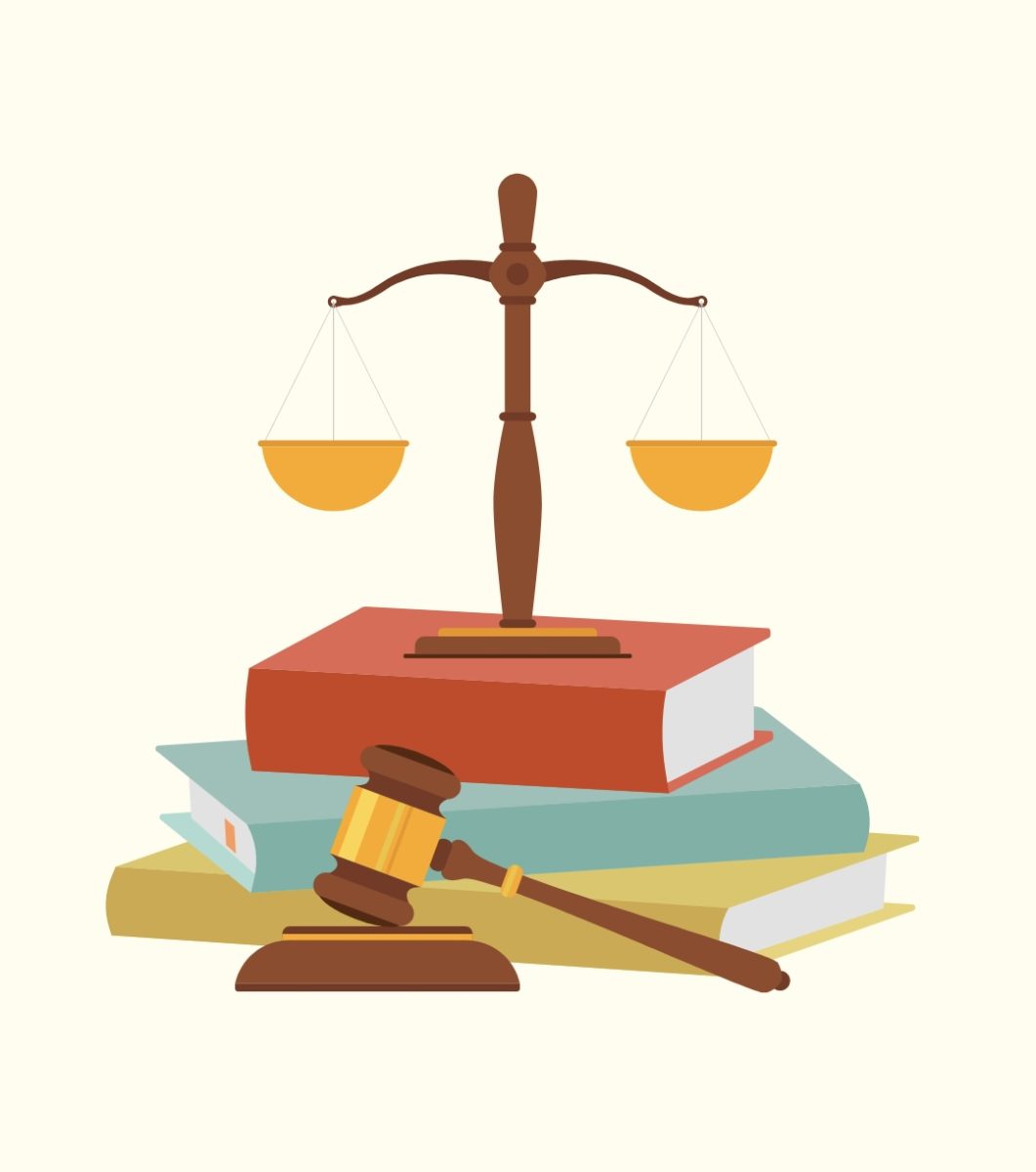This past week, here at our very own GC, Justice Week was hosted by the Criminal Justice Program.
The week of April 8-12 had a packed-full schedule of multiple events discussing multiple topics dealing with the justice system.
The week started on April 9 with an insightful presentation on “Women in Law,” followed later that day with a presentation on “Law Enforcement Community Forum.” On April 10, a virtual Zoom meeting was held to discuss the topic “Buck the System: Criminal Justice Activism and Advocacy.” On April 11, there were two lectures that took place: “Diversity and Inclusion in the Classroom: Academic Freedom & Controversial Class Discussions,” followed by “The First Amendment, Safe Spaces, and Viewpoint Diversity.”
Lastly, to conclude the week on April 12, the lecture “Second Chance Month Reentry Simulation,” was delivered.
The virtual Zoom meeting honored two guest speakers: Rhys Havens and Wade Askew, from the Georgia Innocence Project and the Georgia Justice Project.
The Georgia Innocence Project, or GIP, is an independent nonprofit organization that works to correct and prevent wrongful convictions in Georgia. GIP attorneys and staff conduct investigations into criminal convictions by collaborating with a network of volunteers, students and pro bono lawyers.
GIP offers free services and has strict criteria for case acceptance. They have received over 8,400 requests for help but are only able to accept a small fraction of applicants. Cases are only accepted if there is a compelling claim of actual innocence or the existence of DNA that proves innocence.
Through GIP efforts, they have exonerated 14 men who have collectively spent hundreds of years wrongly convicted.
GIP strives to help people released from prison with getting back into their daily lives and readjusting to society. This includes getting them any needed mental health support.
“When you have been incarcerated for long periods of time, you might not have family or a support system when you are released,” Havens, GIP’s development manager said. “You’re going to need help doing daily tasks.”
The Georgia Justice Project, or GJP, uses direct legal representation, policy advocacy, education and coalition building to promote innovative change. GJP’s goal is to strengthen the community by demonstrating a better way to represent and support individuals in the criminal justice system to reduce barriers to reentry.
GJP spokesperson explains how restorative justice diversion programs are hardly ever utilized in the criminal justice process.
“Our mission as an organization is to try and change that,” Askew, GJP spokesman, said.
To be eligible for this program, you have to have been convicted of a misdemeanor crime. This program does not normally accept felons.
These two programs are working hard to strive for a better justice system and turnout for wrongful convictions in the state of Georgia. Currently, GJP has spaces set up in the courtroom in three different jurisdictions and has helped over 1,000 people.


